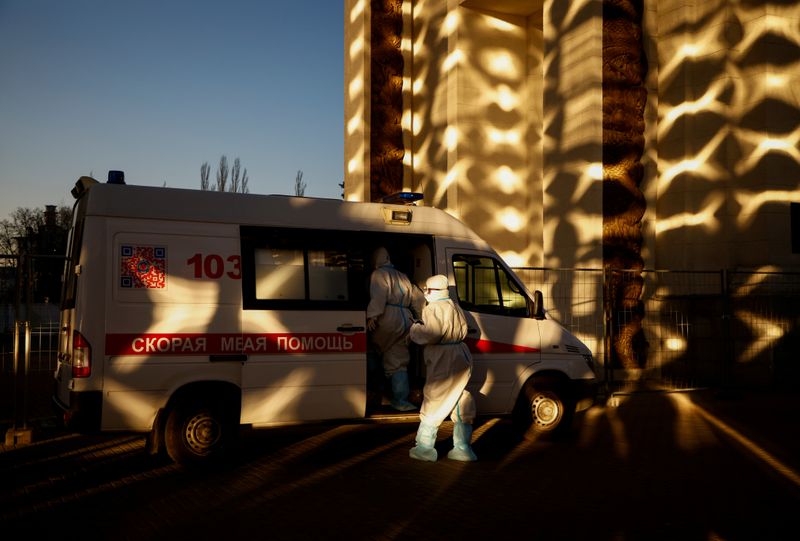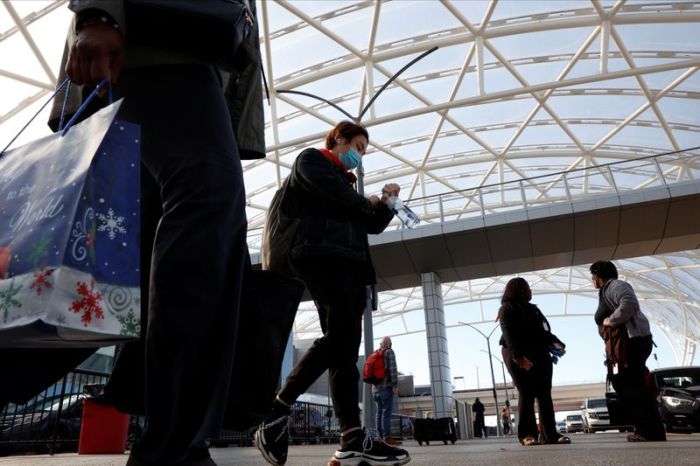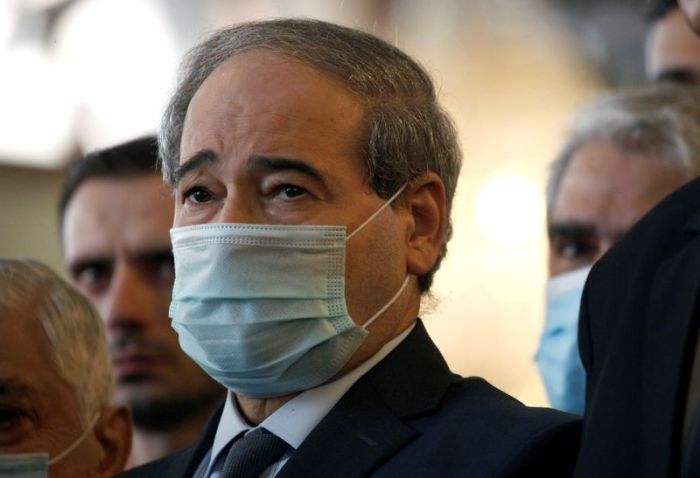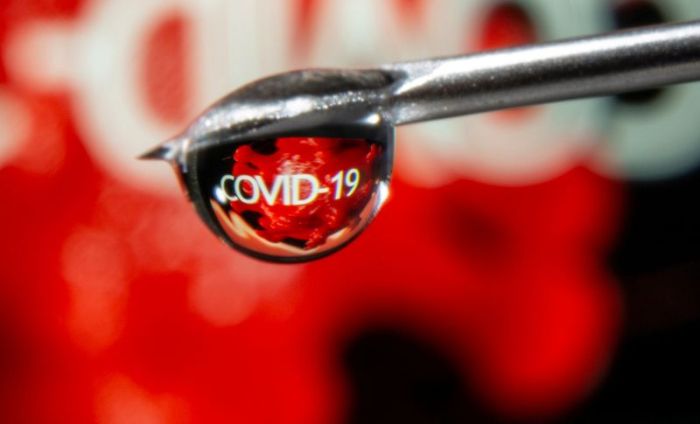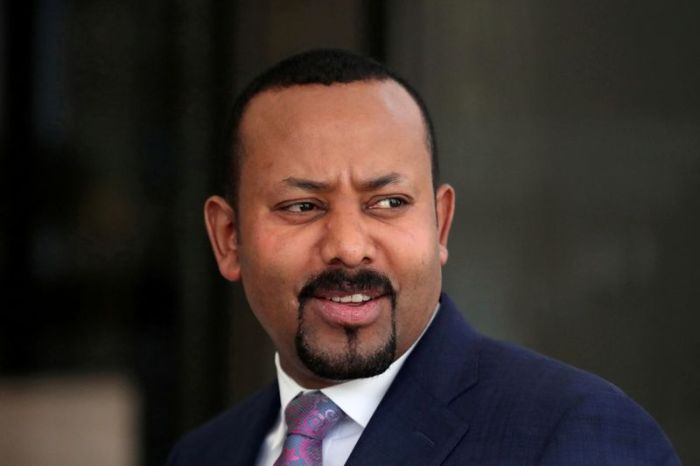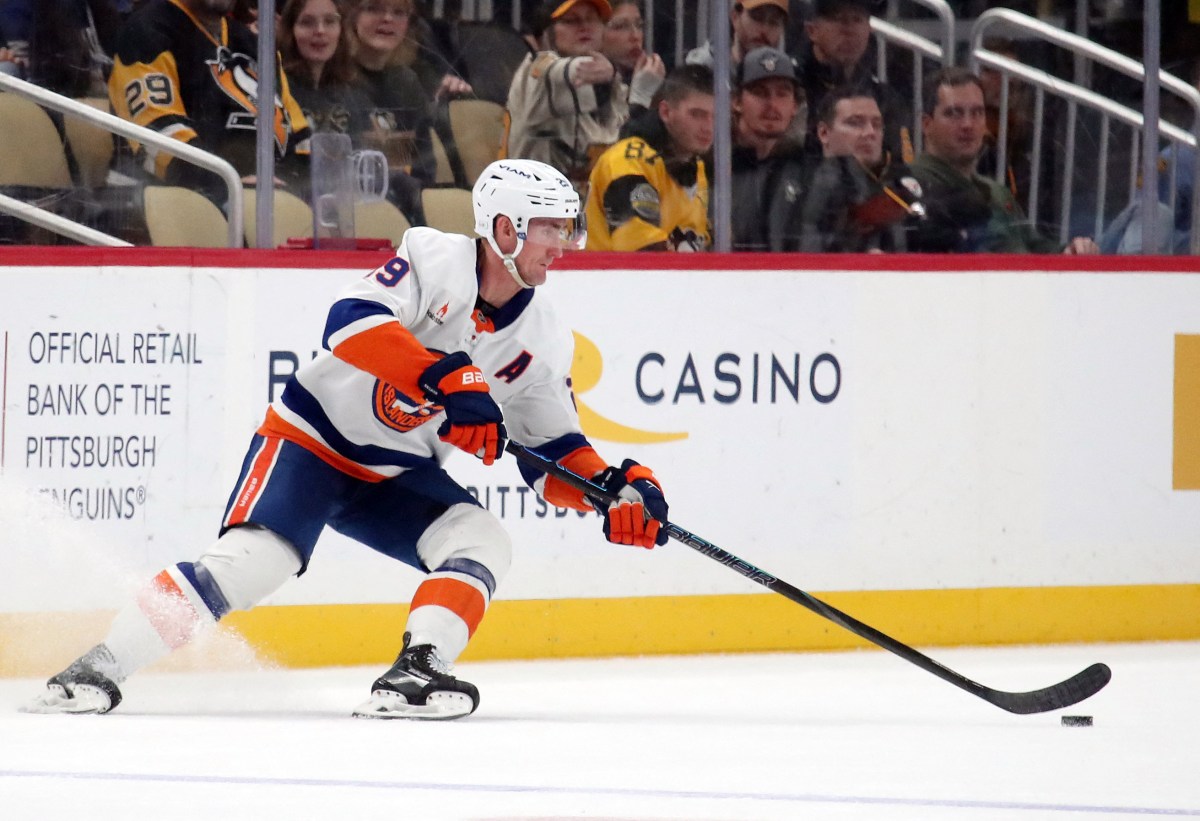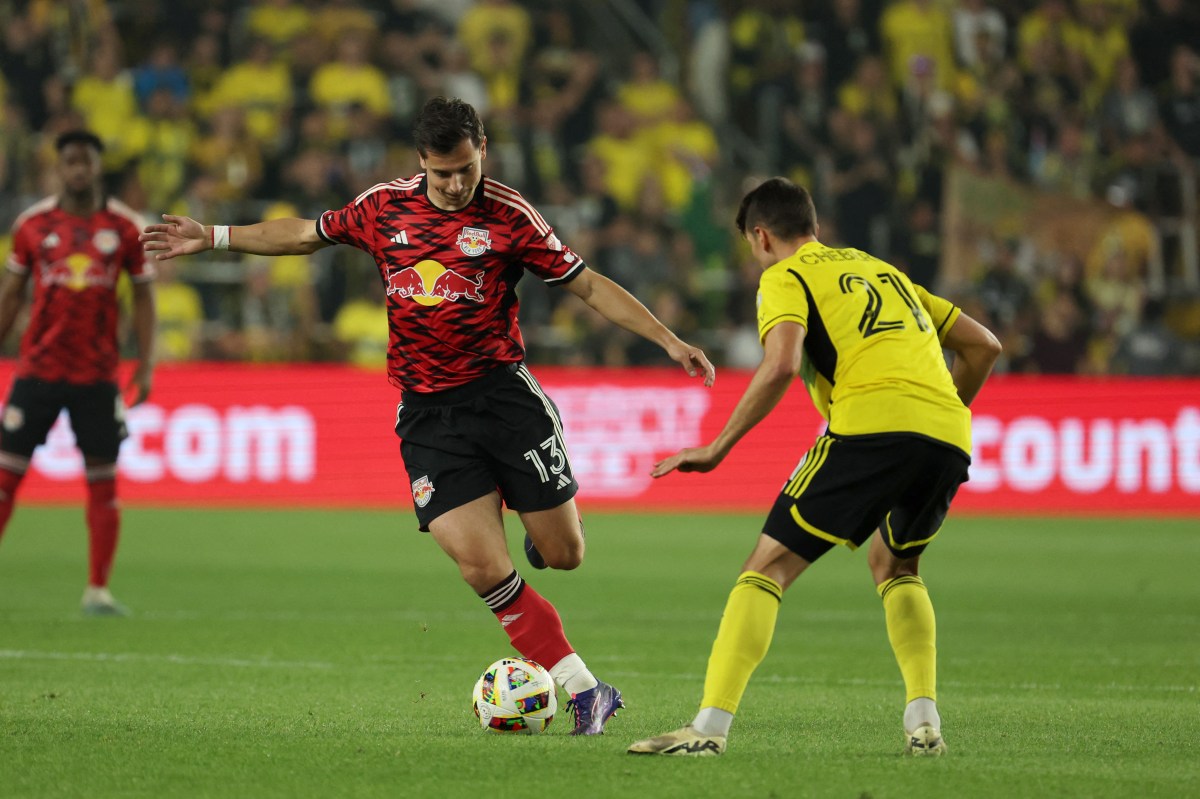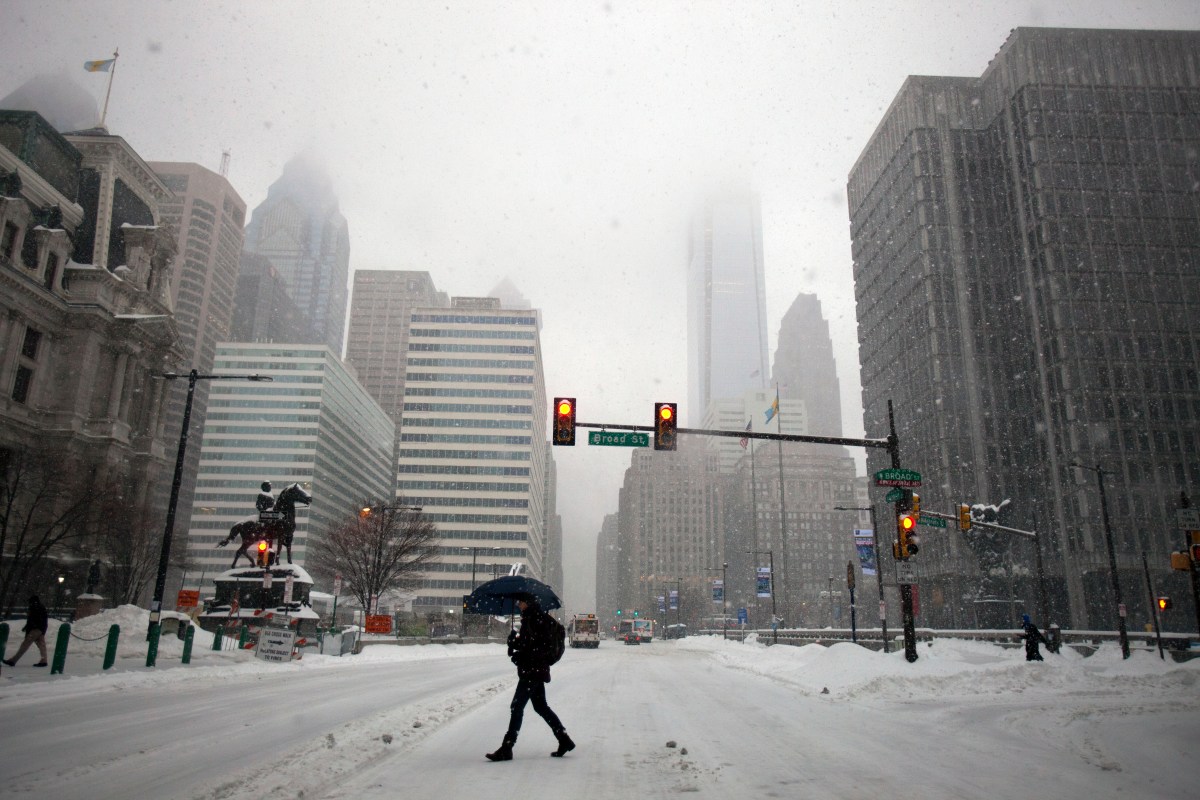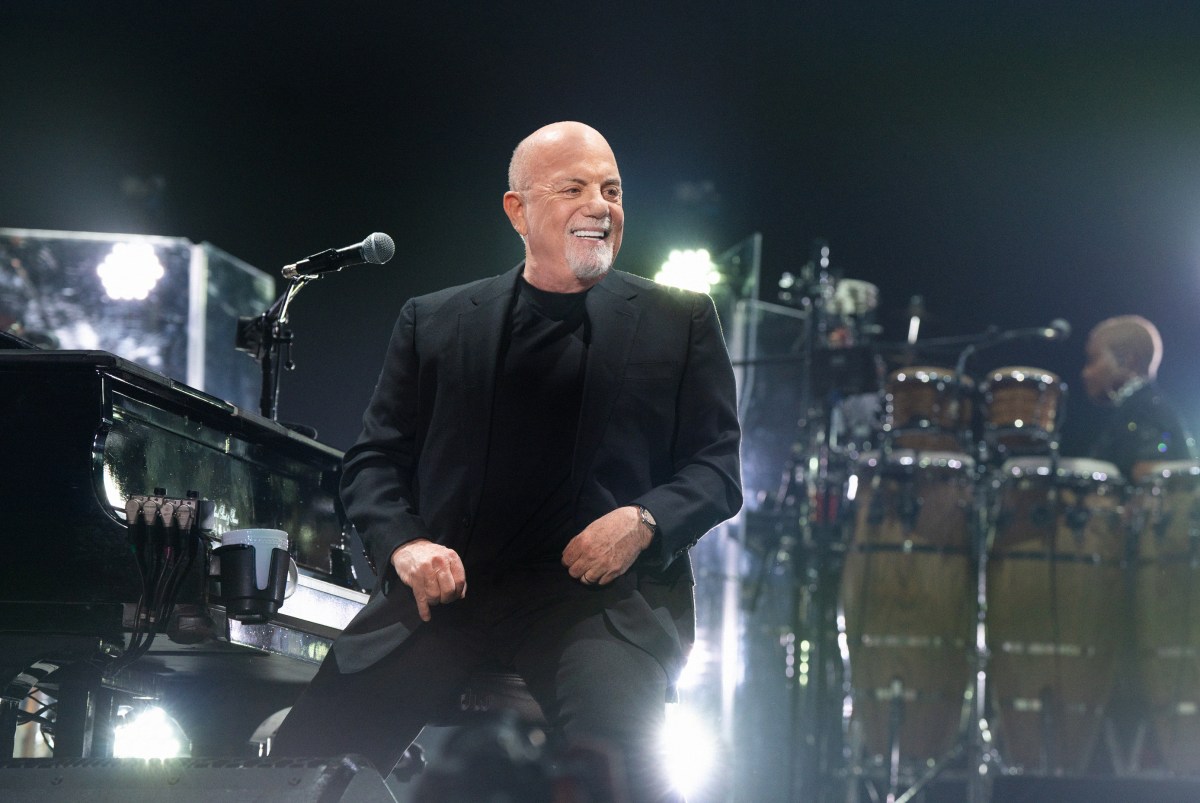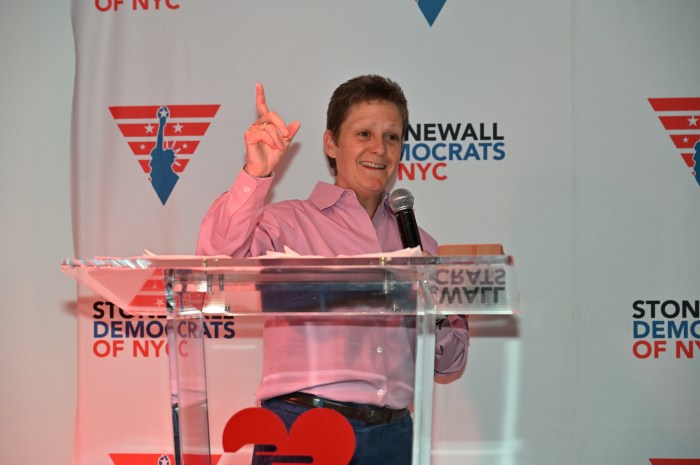MOSCOW (Reuters) – Russia reported a record 25,173 new coronavirus infections on Monday as the Kremlin said it was up to regional authorities to decide what measures needed to be imposed in their regions to curb its spread.
Russian authorities have said they will not impose nationwide lockdowns as they did earlier in the pandemic, stressing the importance of hygiene and targeted measures in certain regions instead.
Asked why only the Siberian region of Buryatia had imposed major COVID-19 restrictions, Kremlin spokesman Dmitry Peskov said regional governors were the ones who decided what measures were required in their respective regions.
“Everything depends on the number of hospital beds, on (material) reserves, on the number of medical staff, doctors, hospital occupancy rates and the rate at which patients are recovering,” he told reporters on a conference call. “This is why each governor makes decisions based on the situation in their territory.”
Last week authorities in Buryatia, which borders Mongolia, closed restaurants, shopping malls, bars and public facilities for two weeks in a bid to stem the spread of the virus, making it the first and only Russian region to impose harsh restrictions in response to the pandemic’s second wave.
Russia in August became the first country to grant regulatory approval for a vaccine against COVID-19, doing so after less than two months of human testing, and large-scale trials are underway. Regulators approved a second vaccine in October, also before a large-scale trial, known as Phase III.
Known as EpiVacCorona, Russia’s second vaccine is expected to be made available to the public by the end of the year, TASS news agency quoted Russia’s consumer health watchdog as saying on Monday.
The country’s coronavirus task-force on Monday reported 361 coronavirus-related deaths in the last 24 hours, taking the official death toll to 36,540.
With more than 2.1 million infections, Russia has the world’s fifth largest number of cases after the United States, India, Brazil and France.
(Reporting by Gleb Stolyarov, Dmitry Antonov, Maria Kiselyova, Darya Korsunskaya and Vladimir Soldatkin; Writing by Gabrielle Tétrault-Farber; Editing by Kirsten Donovan and Emelia Sithole-Matarise)

